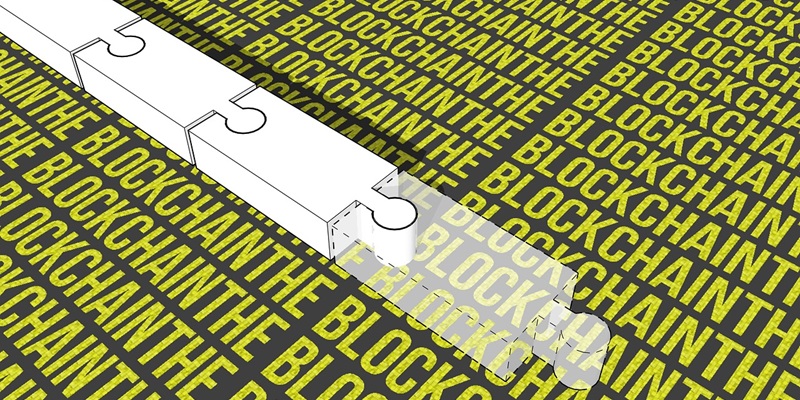Ubisoft’s foray into blockchain as a validator on the XPLA network is not merely a venture into uncharted territory, it is a strategic move squarely in line with its history of embracing cutting-edge technologies. The company’s prowess in game development is now set to bolster the efficiency and security of the XPLA network. Ubisoft assumes the integral role of a validator, a position that will see it contribute to maintaining the network’s transparency and robustness.
This move follows a series of blockchain-related initiatives by Ubisoft, demonstrating its unwavering commitment to exploring decentralized platforms. Its involvement will provide a level of trust in the network’s operations, an essential factor for users drawn to blockchain for its promises of security and transparency. Each transaction and smart contract executed within the network will pass through the filters of Ubisoft’s expertise, reinforcing the latticework of the XPLA blockchain.
XPLA Ecosystem Enhancement
Through the lens of this partnership, the XPLA network is poised to harness a wealth of experience that Ubisoft brings to the table. A promise of a thriving ecosystem where digital media and gaming coalesce is at the heart of XPLA’s ambitions, an ecosystem that now stands to leapfrog into prominence owing to Ubisoft’s influence. The video game giant’s involvement is expected to not only fortify the network but to enhance the user experience and propel the platform’s reach to a higher pedestal.
Paul Kim, the team lead at XPLA, harbors high hopes for this synergy. By encompassing Ubisoft’s proficiency in creating immersive gaming experiences, the network sets its sights on a future where the traditional boundaries of gaming are expanded. The collaboration intends to construct a digital landscape that prizes transparency, immutability, and player-driven content, cornerstones of the web3 ethos that the XPLA network is striving to reflect.
Ubisoft’s Blockchain Trajectory
Ubisoft’s interest in blockchain technology didn’t spring up overnight. Its relationship with the technology began in 2018, a time when the gaming industry had only just begun flirting with the idea of decentralized technologies. Ubisoft’s Strategic Innovation Lab identified blockchain as a potential harbinger of seismic shifts in digital ownership and started investing in relevant projects, with Ubisoft becoming a validator on multiple blockchain networks such as Cronos, Tezos, and Hedera.
This proactive approach has allowed Ubisoft to weave blockchain into the fabric of its operations seamlessly. Its early stake in the technology fosters an environment for innovation, where the gaming behemoth can continuously test, learn, and implement blockchain capabilities across its vast repertoire of gaming titles. These steps are a testament to Ubisoft’s dynamic approach to gaming and tech evolution, always looking to pivot and adapt to harness the full potential of emerging trends.
Pioneering NFT Integration and Partnerships
In the pursuit of integrating blockchain into mainstream gaming, Ubisoft has not shied away from leading the charge. Its pioneering effort in integrating NFTs within “Ghost Recon: Breakpoint” was bold, and although it courted controversy, it underscored Ubisoft’s willingness to push boundaries. The company’s recent partnership with Immutable in November 2023 further highlights its quest to solidify its presence in the blockchain space.
Ubisoft’s collaboration with Immutable propels it into a future where NFTs and gaming converge to enable new forms of digital ownership and user engagement. By piloting and integrating these technologies, Ubisoft signals its conviction that the future gaming landscape will be one where decentralization and player empowerment take center stage. It’s a vision that aligns with the broader gaming industry’s trajectory, where transparency, authenticity, and user agency are increasingly paramount.

